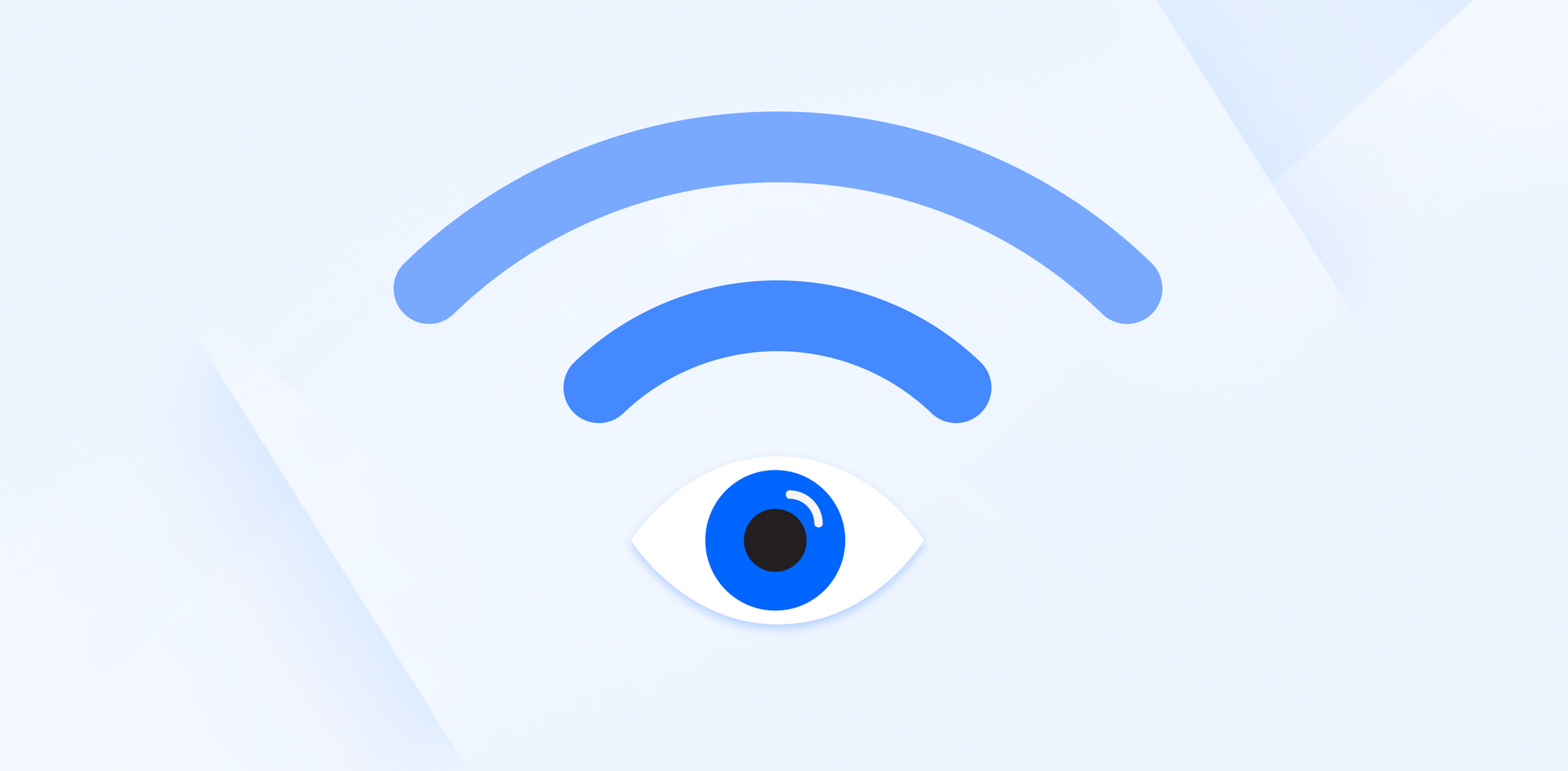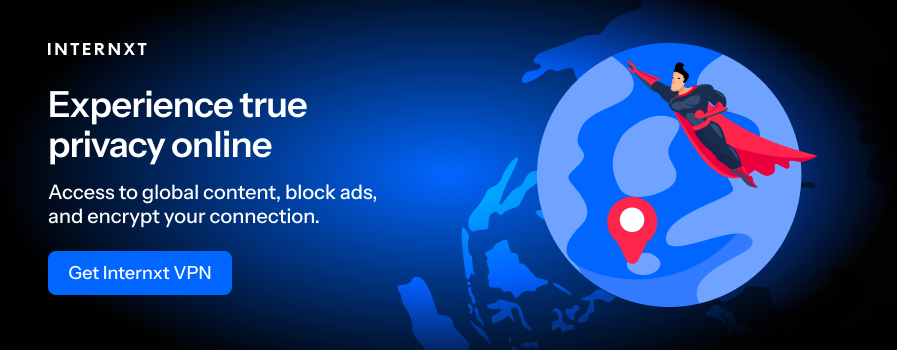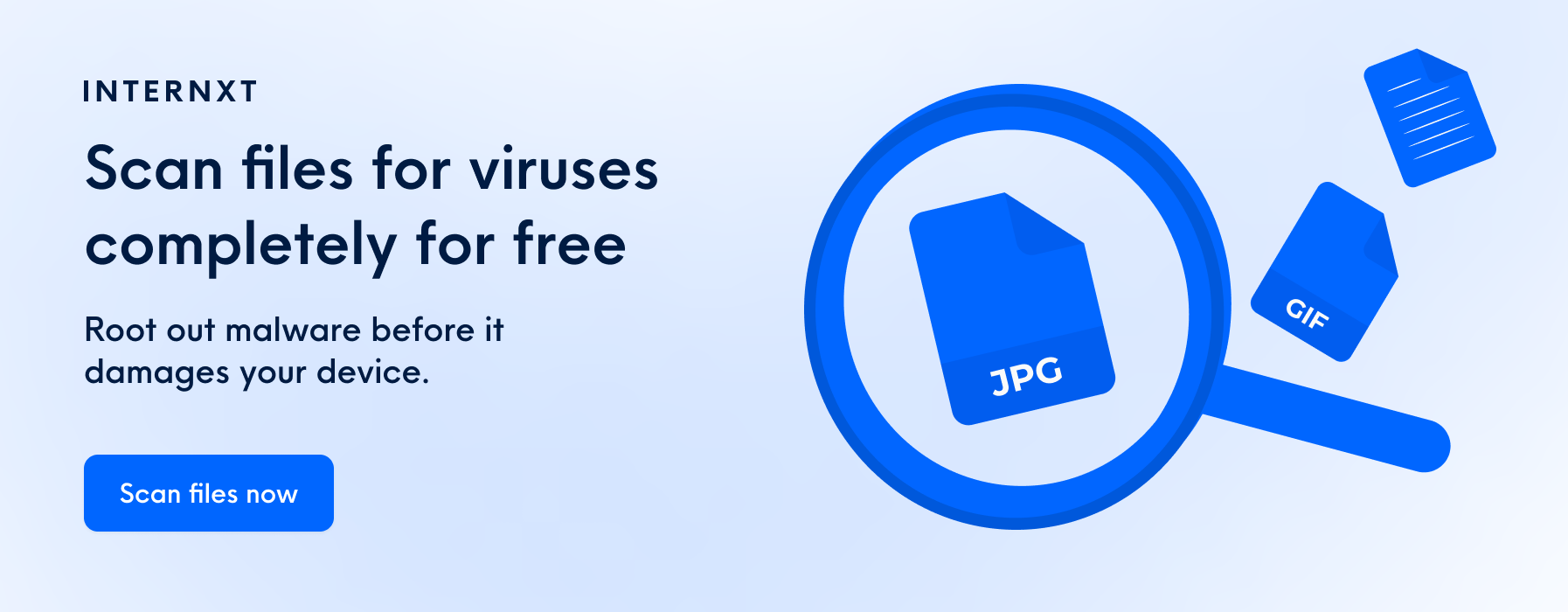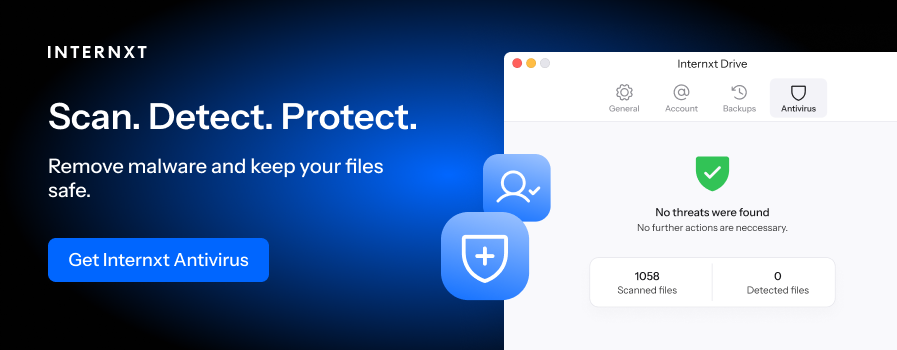Do VPNs Really Keep Your Browsing Data Private?

The internet is helpful, but it can also be dangerous. With cybercriminals on the hunt for your precious data and intrusive government agencies spying on the activities of everyday citizens, internet security and privacy have become a genuine concern.
Your internet service provider has a front-row seat to all of your private browsing data, and they can monitor you, throttle you, and share that information at will. If this sounds like a gross invasion of privacy, you're absolutely right! That's why so many people are turning to many virtual private networks (VPNs) to help conceal their activities and protect their data.
VPNs have received a lot of positive credit for keeping browsing data private, both for private citizens and businesses. But what are they really? How do they work? And the biggest question of all is, can these VPNs really keep your browsing data private?
We will cover all of this and more throughout this informative guide.
What is a VPN?
A VPN, or virtual private network, is software that allows you to tunnel your internet connection to a private server somewhere else in the world.
This effectively hides your IP and activities from third parties, like internet service providers, government agencies, and malicious actors looking to hack their way into your system.
For businesses, internet privacy is crucial. You have to protect your modern data stack, your client information, and all of your most sensitive data. Hackers are always trying to find new ways to crack into a business's sensitive data. Once they have it, they'll either sell it on the dark web or hold it for ransom.
The cost of such a breach can be astronomical, both in terms of money and reputation.
Additionally, companies with dedicated IP addresses can easily send emails and route them through that address. However, when using the same IP for email marketing purposes, you may encounter email deliverability issues. Using a VPN reserved for email will allow you to get a dedicated IP for your email marketing while helping you keep your company's domain safe.
That's why it's so important to conceal such information using security software like a VPN. There are many different VPNs out there, all of which have their own terms of use, protocols, encryptions, pricing, and more.
Internxt VPN keeps your connection private with end-to-end encryption, and a strict no logs policy. Our VPN is available for all subscription and lifetime plans, and includes Internxt Drive and Antivirus as part of your plan.

What do VPNs do?
A VPN protects your internet connection by tunneling your signal to another location using what's called a VPN tunnel.
Powered by a VPN protocol, these tunnels send your signal to a private VPN server somewhere in the world. Typically, you're able to choose where you're sending your signal. So, if you were in California and sent your signal to a VPN server in Rome, Italy, it would appear as though you were accessing the internet from Italy.
This helps VPN users access streaming service libraries from other countries locked by geographic restrictions. It can also help users in areas with strict internet censorship laws (like Russia, China, or North Korea) get around their government's oppressive rules and access the internet unrestrictedly.
The information doesn't just travel, though. It's also encrypted using top-of-the-line military-grade encryption. That means that even if someone were to gain access to your information, they'd never be able to use it. This is something you might want to add for businesses.
How Does a VPN Keep Your Data Private?
VPNs are handy in keeping browsing data private. Let's go through several key ways that they accomplish this.

Tunnels Your Connection
The fundamental purpose of a VPN is to tunnel your internet connection somewhere else. It does this using a VPN protocol like OpenVPN to create secure point-to-point connections. That lets the VPN send your signal to a remote VPN server somewhere else in the world while concealing your original IP address.
This makes your activity invisible to your internet service provider and allows you to access the internet through a completely different country or geographic area.
Why would you want to do this?
Certain websites and online services are geo-locked, meaning they're only available to users in specific areas. A great example of this would be a streaming service like Netflix. The Netflix library that someone in the United States can access is entirely different than what's available to a user in the UK.
So, if you want to access something that the UK audience has while in another country, you have to tunnel your connection through a VPN to a server in the UK. Some services, however, are trying to crack down on this and run VPN detection software to try and block access. Different VPNs have different levels of success with unblocking these services.
But the key function of the VPN tunnel is to hide your IP address and make your activity invisible to your ISP and any government agencies or malicious actors trying to spy on you.
Encryption
The information you send through the VPN tunnel needs to be encrypted if it's going to remain safe. That's why significant VPNs use some of the most powerful data encryption available. Chief among them is AES-256.
This is the same encryption used by financial institutions and the United States government. But how powerful is it? It would take the world's most powerful supercomputer millions of years to crack information sent over AES-256 encryption.
Needless to say, your information will be very private and protected when using such a service.
Killswitch
The most private and secure VPNs have extra measures in place to ensure your anonymity. While VPN tunnels are effective at hiding your activity, sometimes errors occur. You want to make sure you're still protected when such an error pops up.
That's why VPN kill switches are so effective. This extra layer of security is offered by some of the best VPNs on the planet. It fights against the threat posed by DNS leaks.
Sometimes there are leaks present in the VPN tunnel. When this happens, your activity and original IP address are fully visible to your internet service provider. However, you'd only know about this security breach with a killswitch.
Armed with a killswitch, your VPN can sense the presence of a DNS link, instantly registering the threat and cutting off your VPN connection right away. This would cause the entire VPN to shut down, and your internet connection would stop immediately.
There's no such thing as a perfect system. But the best systems in the world understand the threats facing them and take steps to protect you. A killswitch is one measure that can help keep you safe and improve your overall private browsing experience.
When shopping for a VPN service, whether for personal use or your business, make sure that a killswitch is included in the features list.
No Logging Policy
For a VPN to truly keep your browsing data private, it must have a no-logging policy. That means the service doesn't track your online sessions, including when you sign on and off and what websites you visit while connected to the service.
Just about every VPN service is going to claim that it has a no-logging policy, but there is some semantics at play here. Make sure you dig through the privacy policy or terms of service for any VPN you're interested in. Sometimes you'll find that they log some information, which flies completely in the face of their mission to create a secure browsing experience.
You should also pay careful attention to the jurisdiction of the VPN company. Ensure that the service you're choosing exists outside of any surveillance alliances. For example, the US, Canada, the UK, Australia, and New Zealand have all banded together to create the five eyes alliance, which allows these governments to share information between them.
If your VPN service is headquartered in one of these countries, your browsing might be unsafe.
ExpressVPN, for example, is headquartered in the British Virgin Islands, outside any known surveillance alliance. Similarly, NordVPN falls under Panama's jurisdiction, making it safe to use.

Features of a Good VPN
A solid VPN can really keep your browsing data private. However, you must ensure that the service you choose is on the up and up and has several features.
These include:
- A solid tunneling protocol like OpenVPN
- Advanced military-grade encryption, like AES-256
- A killswitch that will protect your browsing activity from DNS leaks and disconnect you if your signal becomes exposed
- A strict no-logging policy that's backed up in the company's privacy policy or terms of service, along with a jurisdiction that exists outside of known surveillance alliances
In addition, software development companies, content marketing, and SaaS SEO agencies have begun using VPNs to track competitors and secure client data.
Hence, by selecting an exemplary VPN service, you can ensure that your browsing data is secure and private and all of your sensitive information will never fall into the hands of malicious actors.

